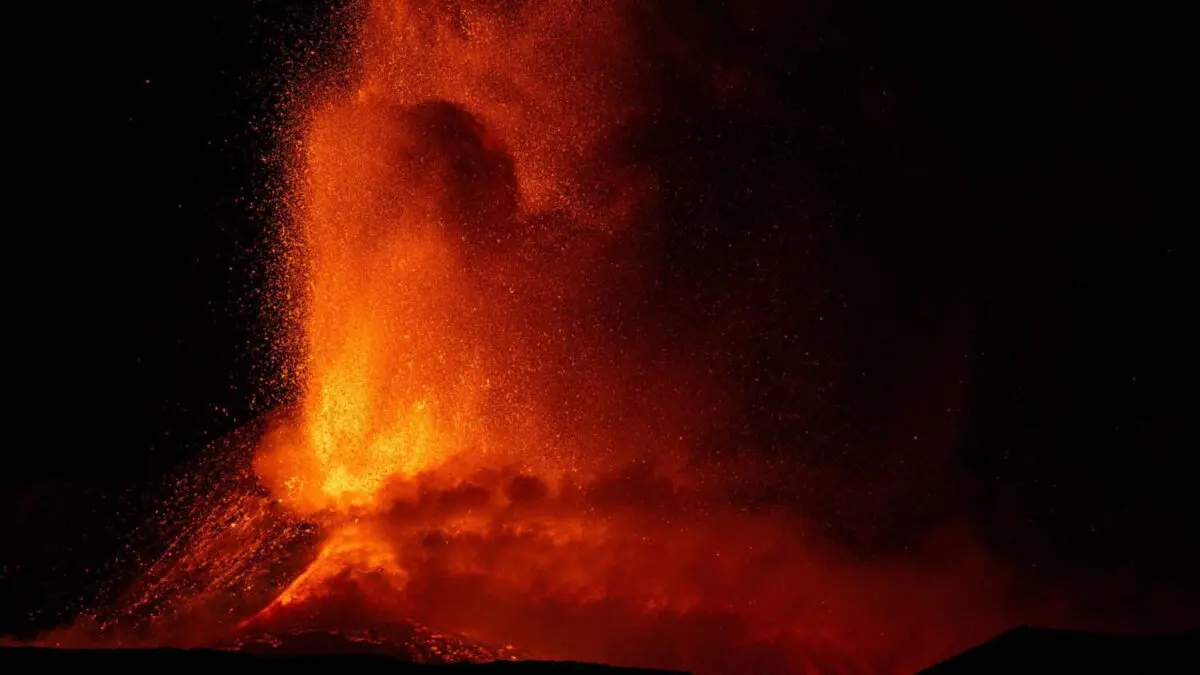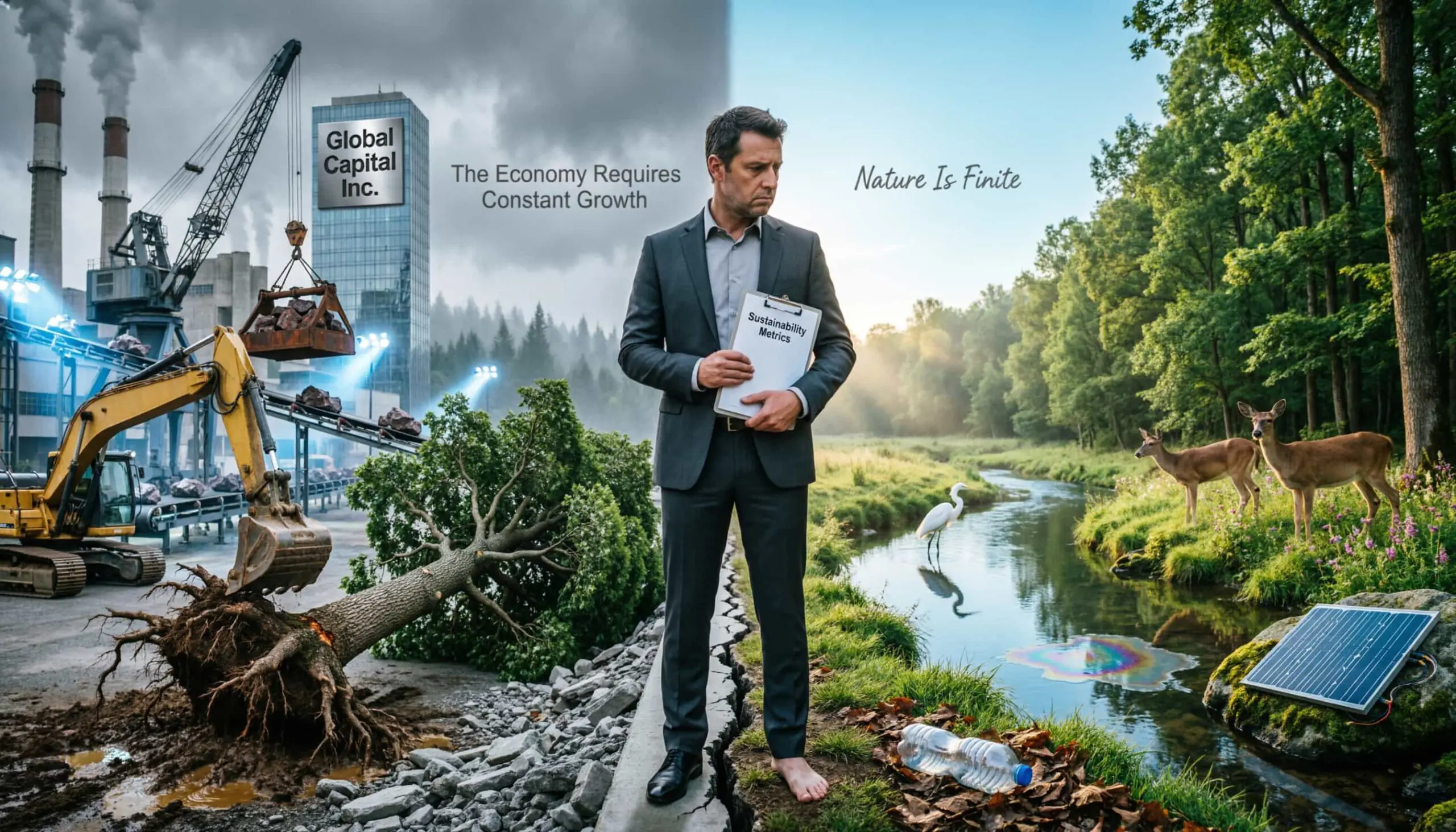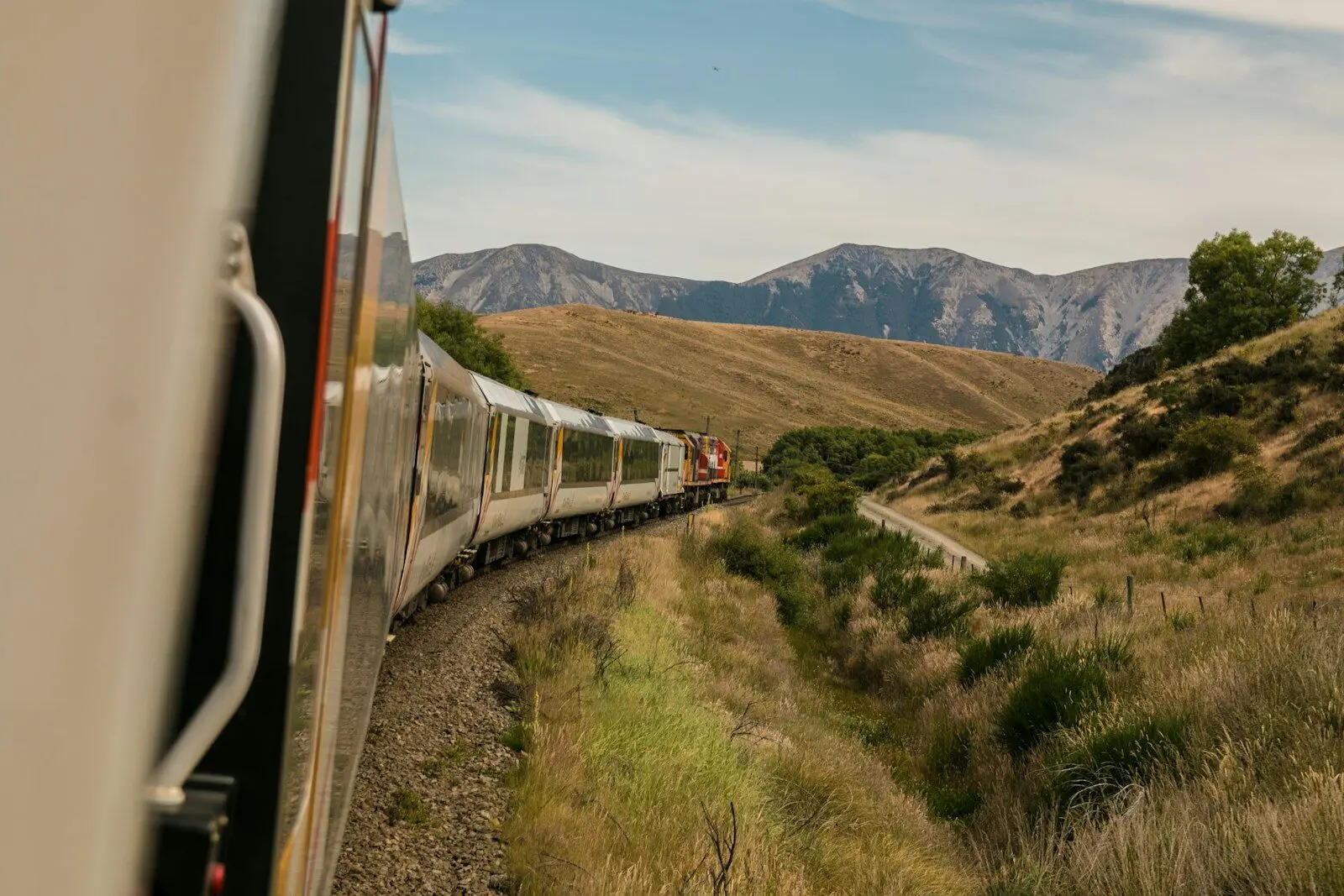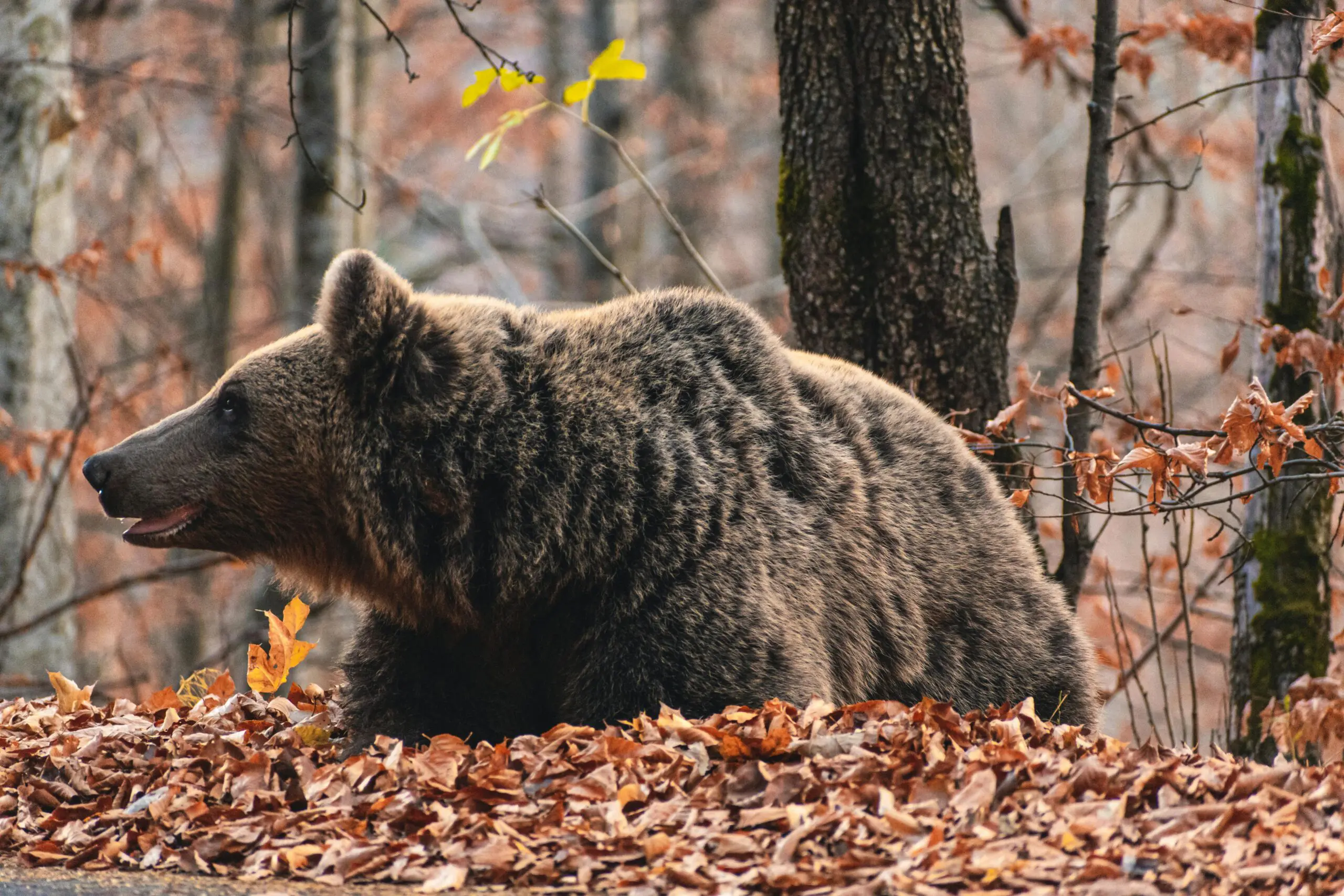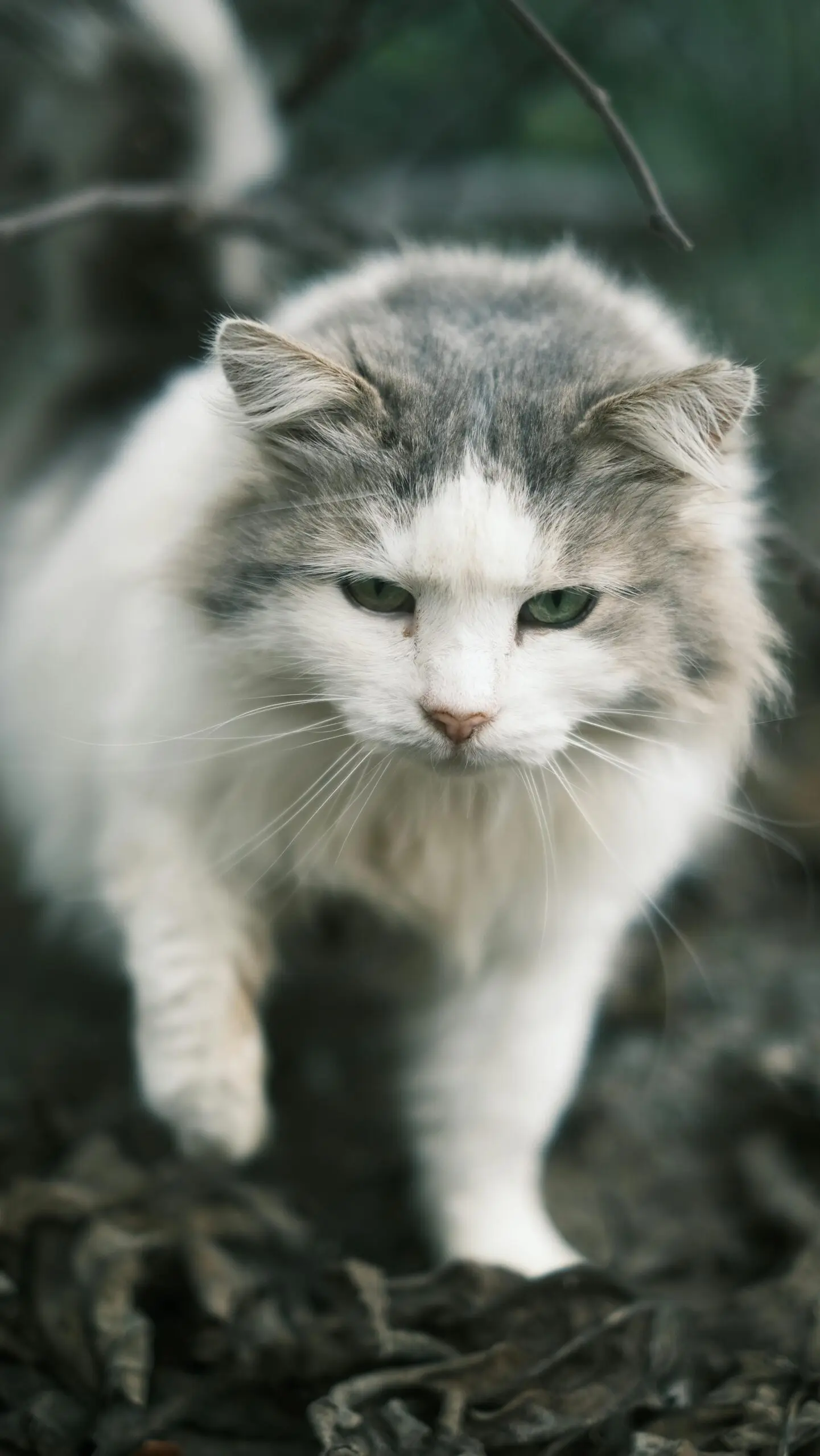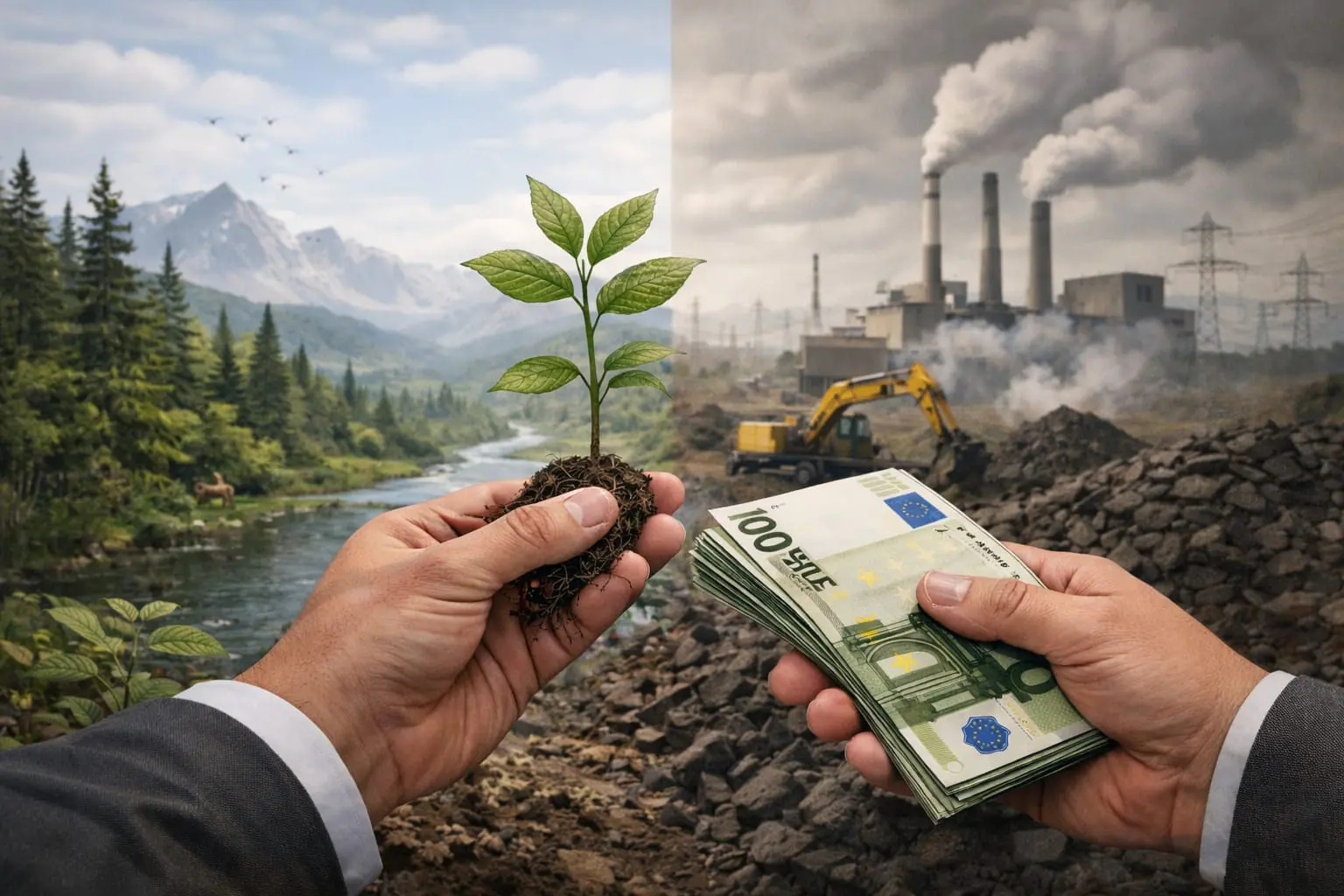Learn some of the most amazing facts about volcanoes.
Impressive and terrifying. Beautiful and nightmarish. This is the shortest way to describe volcanoes. Their eruptions are catastrophic disasters that have claimed the lives of hundreds of thousands of people and wiped out entire cities from the face of the earth. There are currently about 1,500 active volcanoes in the world, which pose a potential danger to people living near them. In the following lines you can learn some interesting facts about volcanoes.
1. The largest active volcano in the world is Mauna Loa, located in the Hawaiian Islands. Its height is 4170 m. It does not erupt as often as its neighbor Kilauea, but when it does, the process is accompanied by spectacular and large-scale lava flows.
2. Taal is at the other end of the ranking – it is only 311 meters high and is considered the lowest volcano on Earth. Located in the Philippines, 50 km. south of the capital Manila. Despite its modest size, Taal is the second most active volcano in the Philippines with a total of 33 eruptions since 1572.
3. The most powerful eruption ever documented is on Tambora volcano on the island of Sumbawa (in present-day Indonesia). In 1815, he literally razed the island to the ground. The eruption killed at least 10,000 people, and the catastrophic consequences of the disaster killed tens of thousands more. The ash and gases released into the atmosphere limited the amount of sunlight reaching the earth’s surface and led to a drop in global temperature, which in turn caused serious problems with agricultural crops and many people died of starvation. All this also contributed to the spread of some dangerous diseases (India, for example, was hit by a cholera epidemic). 1816 went down in history as the Year Without Summer.
4. No less impressive is the eruption of Krakatoa volcano in 1883. The island of the same name was formed a million years ago in the region of present-day Indonesia. In 1883, the island was swept away by a monstrous volcanic eruption. Two-thirds of Krakatoa is disappearing, and parts of it are scattered over an area of 1 million km2. The eruption is estimated to have had the power of 15,000 atomic bombs. For several days an area with a radius of 280 km. sinks into darkness. 57-meter tsunami waves reached the islands of Java and Sumatra and killed about 37,000 people.
5. The biggest volcanic disaster of the 20th century was the eruption of Mont Pele, located on the island of Martinique. In 1902, he flooded with lava and completely destroyed the city of Saint Pierre. More than 30,000 people were killed and only two survived: a shoemaker living on the island’s shore and a prisoner serving a sentence in a thick stone-walled dungeon that saved his life.
6. Over 80 percent of the earth’s surface (below and above sea level) is of volcanic origin. In addition, volcanoes have played a key role in building the atmosphere of our planet and the emergence of the first organisms.
7. In Indonesia there is a complex of volcanoes named Kauah Lien. The amazing thing about him is that he spits blue lava. There is really nothing mysterious about this phenomenon – it is due to the large amounts of sulfur coming to the earth’s surface.
8. Supervolcanoes are one of the greatest threats to humanity. The eruption of such a volcano can lead to mass extinction of species. Fortunately, supervolcanoes erupt on average once every 100,000 years. One of the most famous supervolcanoes is located under Yellowstone National Park in the United States.
9. The United States is the country with the most volcanoes – 173. Russia is in second place with 166 volcanoes, and the honorable third place is for Indonesia, where there are 139 volcanoes.
10. The most active volcano on Earth is Kilauea (according to the Guinness Book of World Records), located in the Hawaiian Islands. In fact, he has not stopped vomiting lava since 1983. Second in this ranking is Mount Etna, located on the island of Sicily. However, some scientists believe that the most active volcano is actually Yasur, located on the island of Tana, part of the Republic of Vanuatu. According to them, it has been erupting almost continuously for 111 years.
11. Volcanoes have been forming for thousands of years, but in some cases this process is much faster. On February 20, 1943, a volcano appeared in cornfields near the village of Parikutin in Mexico and began spewing large amounts of lava. Only a week later, it is as tall as a five-story building. Its “growth” ended in 1952, when it reached a height of 424 meters.
12. Volcanic eruptions can throw ash high into the atmosphere. In some cases, it can reach a height of 30 km. above ground level.
13. How big is the danger zone around a volcano? In the event of an eruption, it is believed to have a radius of about 32 km. Sometimes, however, the danger zone can have a radius of 160 km. About 350 million people worldwide live in settlements dangerously close to active volcanoes.
14. Between 10 and 20 volcanoes erupt every day somewhere in the world.
15. The highest volcano in the solar system is not on Earth, but on Mars. Its name is Olympus (Olympus Mons), and its size is really impressive. It rises to 27 km. above the Martian surface, which makes it three times higher than Mount Everest.

